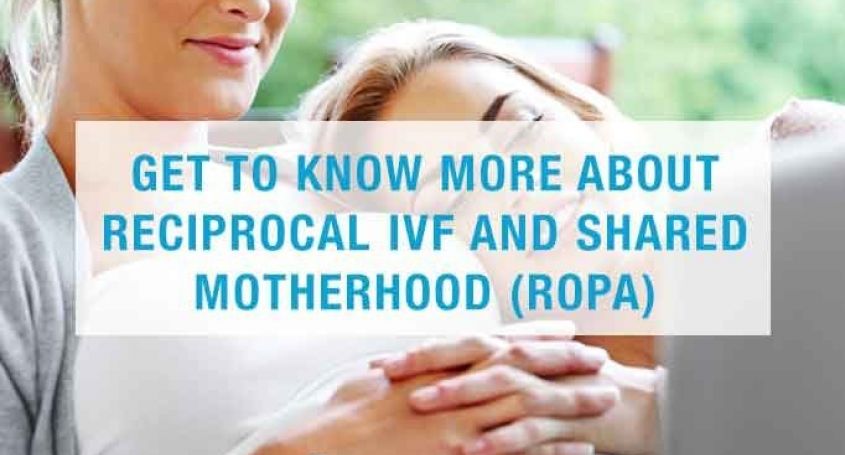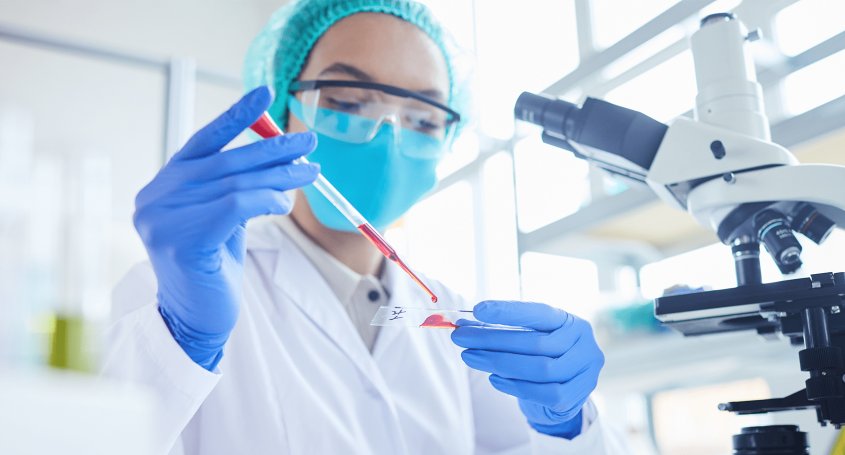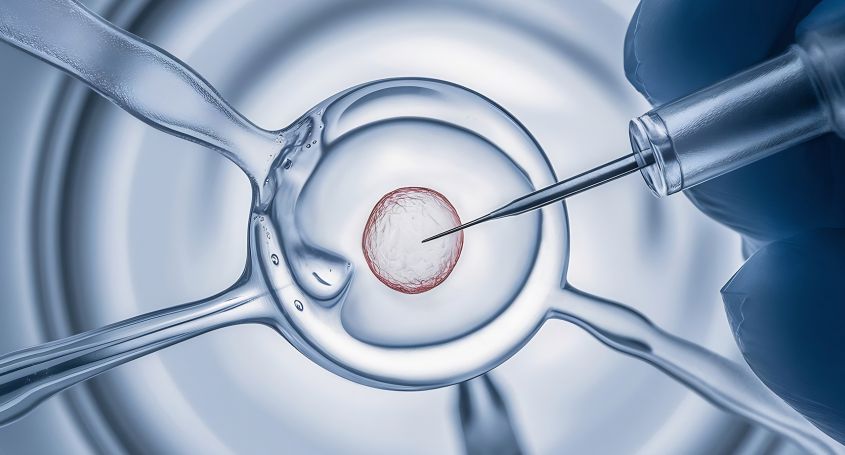Assisted reproduction has evolved and adapted to new needs and new family models. An example of this is the technique known as Reciprocal IVF which makes it possible for a couple formed by two women to participate in the pregnancy process.
What does Reciprocal IVF (or ROPA in Spanish) entail?
This procedure, which in Spain is called ROPA, is an assisted reproduction treatment exclusively for lesbian couples. It is an In Vitro Fertilisation (IVF) where one of the women shares her eggs with her partner who receives them once fertilised, and carries out the pregnancy. This way, both women participate actively in the process, being both biological mothers; the first as genetic mother and the second as the mother carrier of the child. In the treatment, as in a normal IVF, the eggs are fertilised with donor sperm.
What treatment does the woman who donates her eggs have to carry out?
The woman who “donates” will carry out the same ovarian stimulation as in a regular IVF. In this process the ovaries are stimulated with hormones to produce follicles and thus obtain more oocytes. To undergo this procedure the following diagnostic tests should be carried out:
- Hormonal blood test to analyse the ovarian reserve.
- Gynaecological ultrasound to rule out uterus and ovary pathologies.
- Karyotype to rule out genetic abnormalities which could affect the embryo.
- Serology study to rule out the presence of infectious illnesses
When the follicles have reached the adequate size and are correct in quantity the egg retrieval is programmed. Intervention is short and carried out in an operating room. A light sedation is used to avoid discomfort during the process.
How does the woman recipient of the embryos prepare her body?
The woman who is to get pregnant will carry out an endometrial preparation treatment. This consists in taking an oestrogen hormonal treatment to obtain a good thickness of the uterine wall.
Once the endometrium is prepared and the embryos are in the laboratory, these are transferred into the recipient’s uterus.
For this process the woman must undergo the following diagnostic tests:
• Gynaecological ultrasound to rule out uterus and ovary pathologies. • Serology study to rule out the presence of infectious illnesses
ROPA success rates
The success rates for a reciprocal IVF are the same as the ones in IVF and depend mainly on the age of the woman who donates her eggs as the results are especially good when the eggs used are young.
ROPA treatments with an evolving pregnancy are truly satisfying for the couple as both parties have been actively involved in their Project of becoming a mother.
What does the law say about the ROPA method?
In Spain this method is an assisted reproduction technique in which the law’s only requirement is that the couple should be married.
The donation of gametes in Spain should always be anonymous. However, the Assisted reproduction Law 14/2006 was modified in 2010 to include the exception of donor anonymity to any marriage. This mechanism allows both parties to be recognised as the child’s progenitor.















